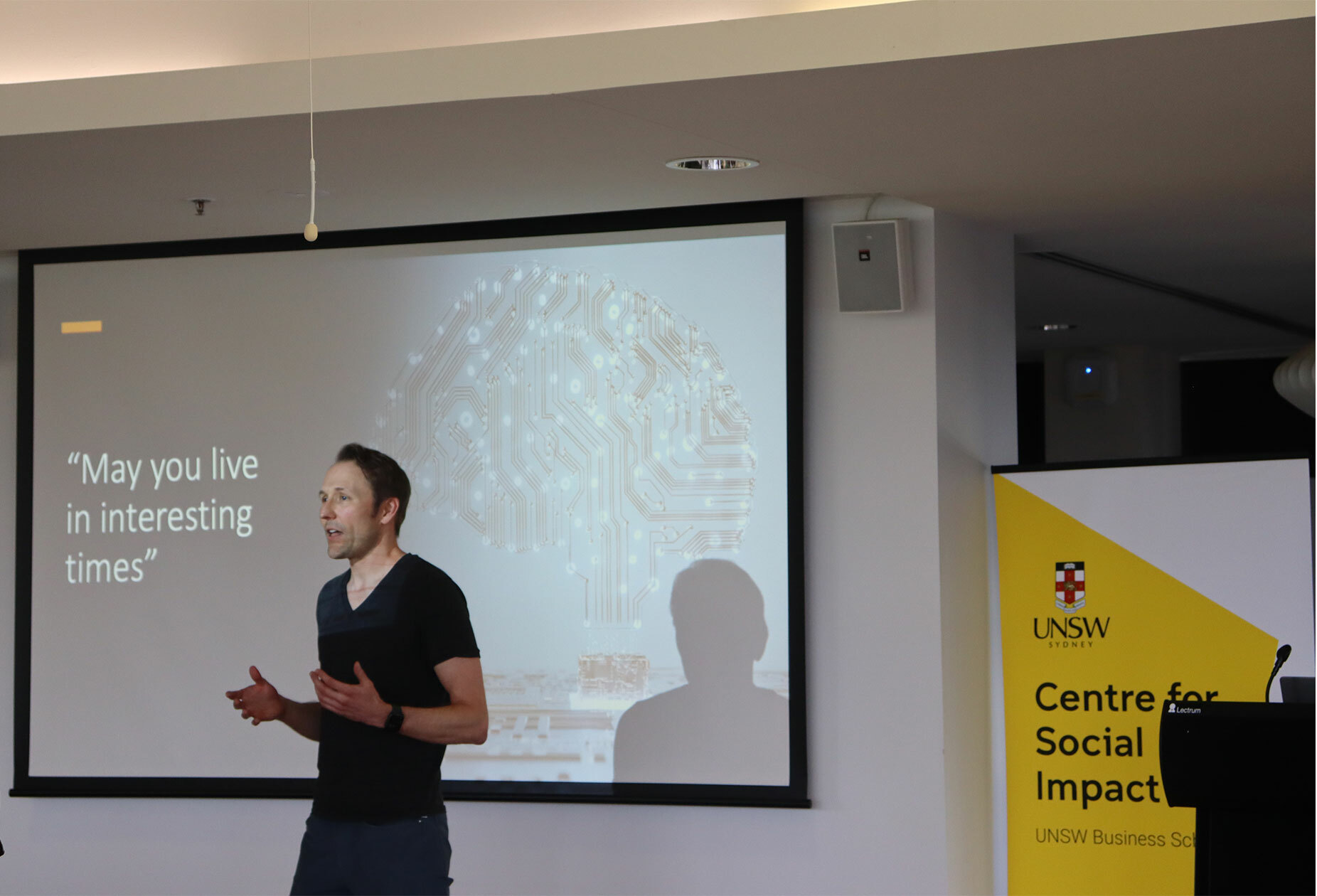News
Stay informed with the Centre for Social Impact
Embedded in four of Australia's leading universities, the Centre for Social Impact stands as an academic stronghold, home to almost 150 researchers, academics, and a vast network of thousands of alumni. Our unwavering ethos centres on the importance of sharing knowledge to drive transformative social change.
On this page you'll have access to an extensive array of impactful content, including latest news, authoritative insights, analysis of evidence-based findings, thought-provoking opinion pieces, interviews and more. It is our hope that with this knowledge, you can find inspiration and take meaningful steps towards making a positive change in the world.
FILTER BY NEWS TYPE
Search results












